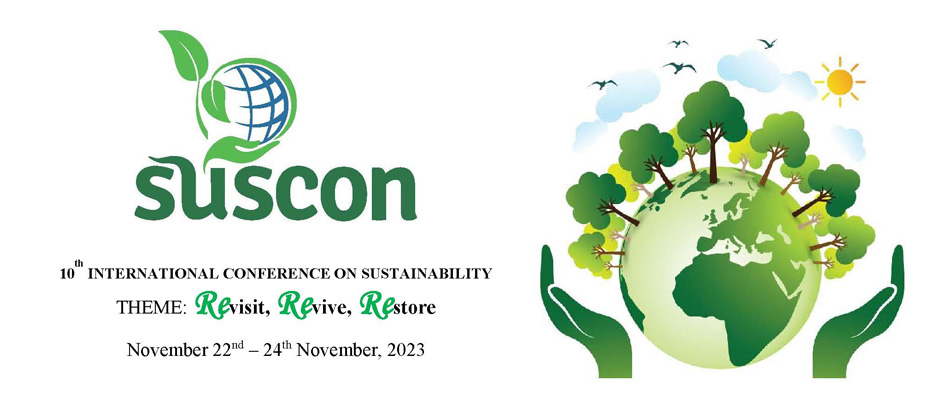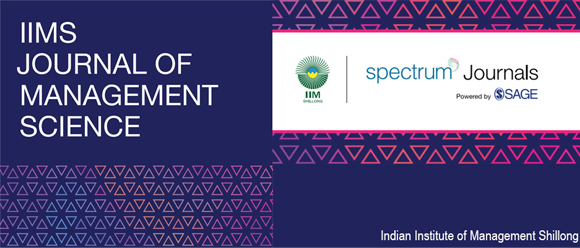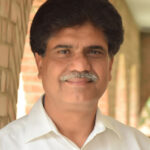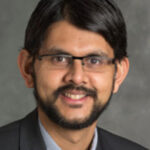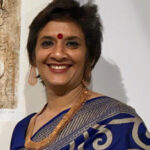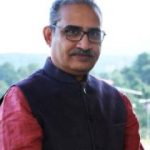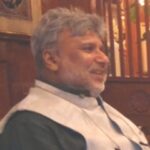SUSCON X of IIM Shillong is aimed at achieving a synergy amongst the three pillars of sustainable development:
Revisit, Revive and Restore
“We don’t create the meaning of our life, rather we discover it,” said Jean Paul Sartre.
In SUSCON IX, we had deliberated at large on the essentiality of a compassionate viewpoint in contemporary business avenues and corporates for furthering the agenda of sustainability by embarking on co-creation and collaboration. One of the facts that also surfaced strongly during SUSCON IX is that the world is facing an impending danger of irreversible natural imbalances, given the limited bearing capacity of the earth. Though unintended, causes of such detrimental consequences of human exploration definitely need to be queried. SUSCON X takes forward the baton from SUSCON IX on these very aspects.
From a practitioner’s point of view, sustainability has been facing a huge onslaught from the dual aspects of globalization and market-based economy. We have largely lost touch with the thematically central aspect of ‘frugality’ in our sustainable development agenda. The extremely competitive facet and the gold rush of today’s economy has left us as mere producers and consumers of needless amount of possessions. This is increasingly contributing to the imbalance of resources that nature, otherwise, gifts us in a balanced manner.
In SUSCON X, we embark on a journey of intellectual and action-oriented discourse amongst different schools of thoughts of sustainability around the world. We will try to unearth the causalities of such imbalances, attempt to revive what might have gone wrong in our understandings of sustainability as such, and finally add meaning to the lives of our progeny by restoring the thematically central aspect of frugality into the sustainable development agenda.
From an academic point of view, Sustainability is viewed from the standpoints of differing philosophies. Quintessential Indian philosophy considers frugality as the central theme of Sustainability. Here Sustainability is about leading a life with a need-based approach where an individual or a group decides, acts and moves ahead with the sole purpose of progressive ascent to higher levels of human and planetary consciousness. In this earthly world, it doesn’t see a difference between the being and phenomenon of any objects. This non-duality of an object is called adwaita in Sanskrit. In the context of Sustainability, this translates into the decision making and actions by humans for acquiring the ability of sustaining with the minimal of resources, while negating thee proposition that resources need to be accumulated for future use. In contrast to this, many of the dominant modern philosophies consider that the being (existence) and phenomenon (ability to be in action) for an earthly object are different from one another, and both of these get transformed into one another. This duality of an object is called dwaita. In the context of Sustainability, this translates into decision making and actions by humans for accumulating resources in such a way that it suffices the need for the present while securing the future in an earthly manner. Through our discourses, can we move beyond and transcend such polarity in worldviews and bring about a universality in our definition of sustainability and sustainable development? In SUSCON X, we aspire to embark on this journey of finding a universally acceptable definition of sustainability and sustainable development by restoring frugality as the thematically central artefact of Sustainability.
In addition to this, as highlighted in India’s G20 Presidency, SUSCON X will deliberate on the role of India in achieving harmony among the ‘pancha tattva’ – the elements of earth, water, fire, air and space within and amongst us, in order to counter the challenges like climate change, terrorism and pandemics that is faced by the human race.


